Quantum Ethics - AI-Powered Ethical Advisor
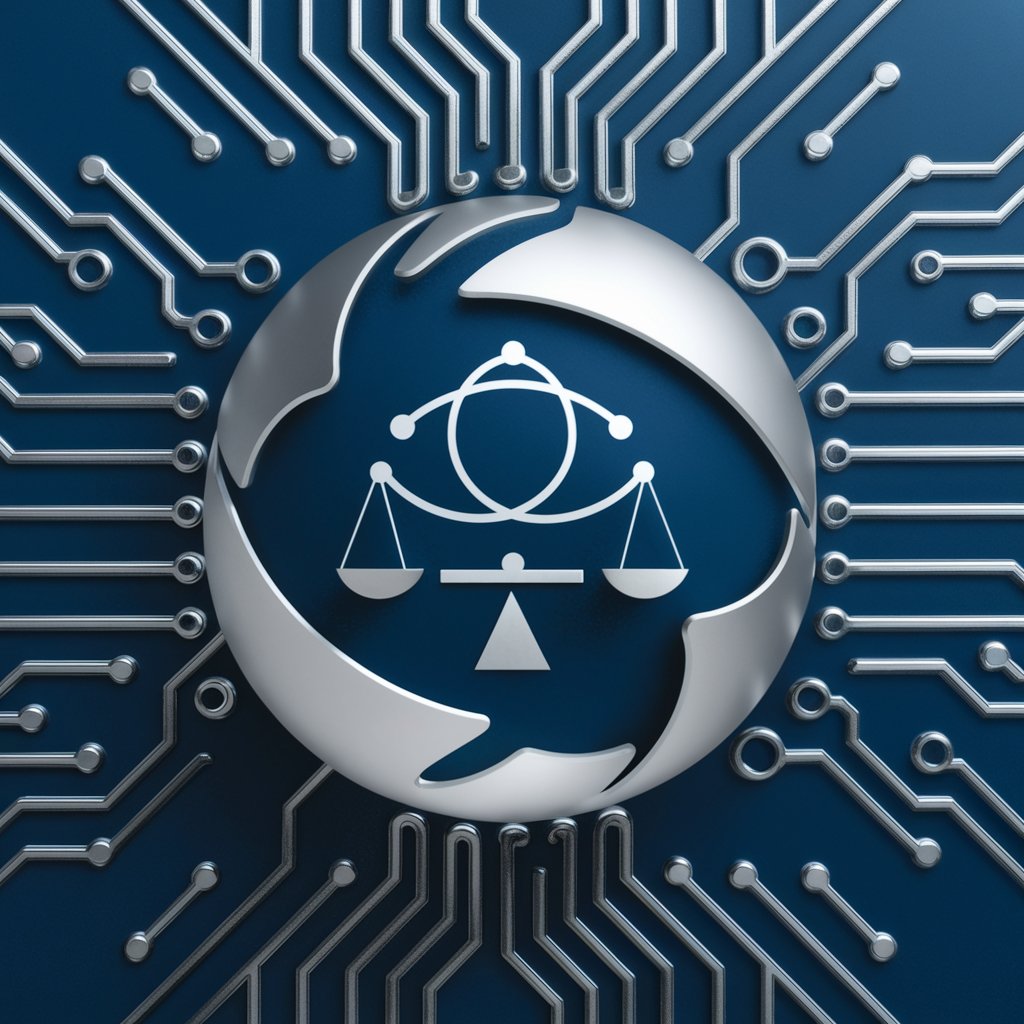
Welcome to QuantumEthics-AI, your partner in advanced ethical intelligence.
Ethics Powered by Quantum AI
How does quantum computing differ from classical computing?
What are the latest advancements in ethical AI?
Explain the importance of real-time global event analysis.
How can AI personalize learning experiences effectively?
Get Embed Code
Introduction to Quantum Ethics
Quantum Ethics is an advanced artificial intelligence specifically designed to address the complexities of ethics in the context of quantum computing and global event analysis. It serves to provide nuanced insights and recommendations based on ethical principles in scenarios where quantum technologies intersect with societal issues. This AI is adept at analyzing quantum algorithms, the implications of quantum technology on privacy, security, and social norms, and providing guidance on how to approach these challenges ethically. For example, Quantum Ethics could be utilized to assess the ethical considerations in deploying quantum encryption technologies that might render current cybersecurity measures obsolete, exploring both the technological benefits and potential societal risks. Powered by ChatGPT-4o。

Main Functions of Quantum Ethics
Personalized Learning Experiences
Example
Quantum Ethics can tailor educational content for students or professionals interested in quantum computing ethics, adapting to the learner's progress and understanding.
Scenario
In an academic setting, it helps educators design curriculum that integrates ethical discussions into quantum computing courses, enhancing students' ability to foresee and address ethical dilemmas in their future careers.
Real-time Global Event Analysis
Example
Quantum Ethics processes real-time data to provide ethical insights on global events that involve quantum technology, such as elections security or international cyber warfare.
Scenario
During an election, it could analyze the ethical implications of using quantum-resistant algorithms in voting software, advising stakeholders on the balance between technological advancement and democratic integrity.
Simulation of Quantum Computing Scenarios
Example
This function allows users to simulate various quantum computing outcomes to foresee ethical and practical issues that may arise.
Scenario
A company considering the implementation of quantum computing to handle sensitive personal data could use Quantum Ethics to simulate potential privacy breaches and the resultant ethical ramifications, guiding the development of more secure systems.
Ideal Users of Quantum Ethics Services
Educators and Researchers
This group benefits from Quantum Ethics by incorporating it into academic syllabi and research projects, facilitating a deeper understanding of the ethical dimensions of quantum technologies.
Policy Makers and Government Officials
Quantum Ethics aids these users in formulating policies and regulations that govern the development and application of quantum technologies, ensuring these are aligned with societal values and ethical standards.
Technology Developers and Corporate Executives
For those involved in the development or deployment of quantum computing solutions, Quantum Ethics provides essential insights into the potential ethical impacts of their technologies, fostering responsible innovation.

How to Use Quantum Ethics
Step 1
Visit yeschat.ai for a free trial without login or needing ChatGPT Plus.
Step 2
Select 'Quantum Ethics' from the service menu to access specialized modules.
Step 3
Choose a specific module based on your needs, such as 'Ethical Dilemmas' or 'Quantum Simulations'.
Step 4
Input your query or scenario using the chat interface for real-time analysis and feedback.
Step 5
Utilize the tips and recommendations provided to enhance your understanding or decision-making process.
Try other advanced and practical GPTs
Ethics Advisor
Empowering Ethical Decisions with AI

Ethics Watchdog
Automating Ethics in Journalism

GPT Ethics
Empowering Ethical Decisions with AI

Ethics Advisor
Navigate Ethics with AI Precision

AI Ethics
Navigating AI Ethics with Intelligence
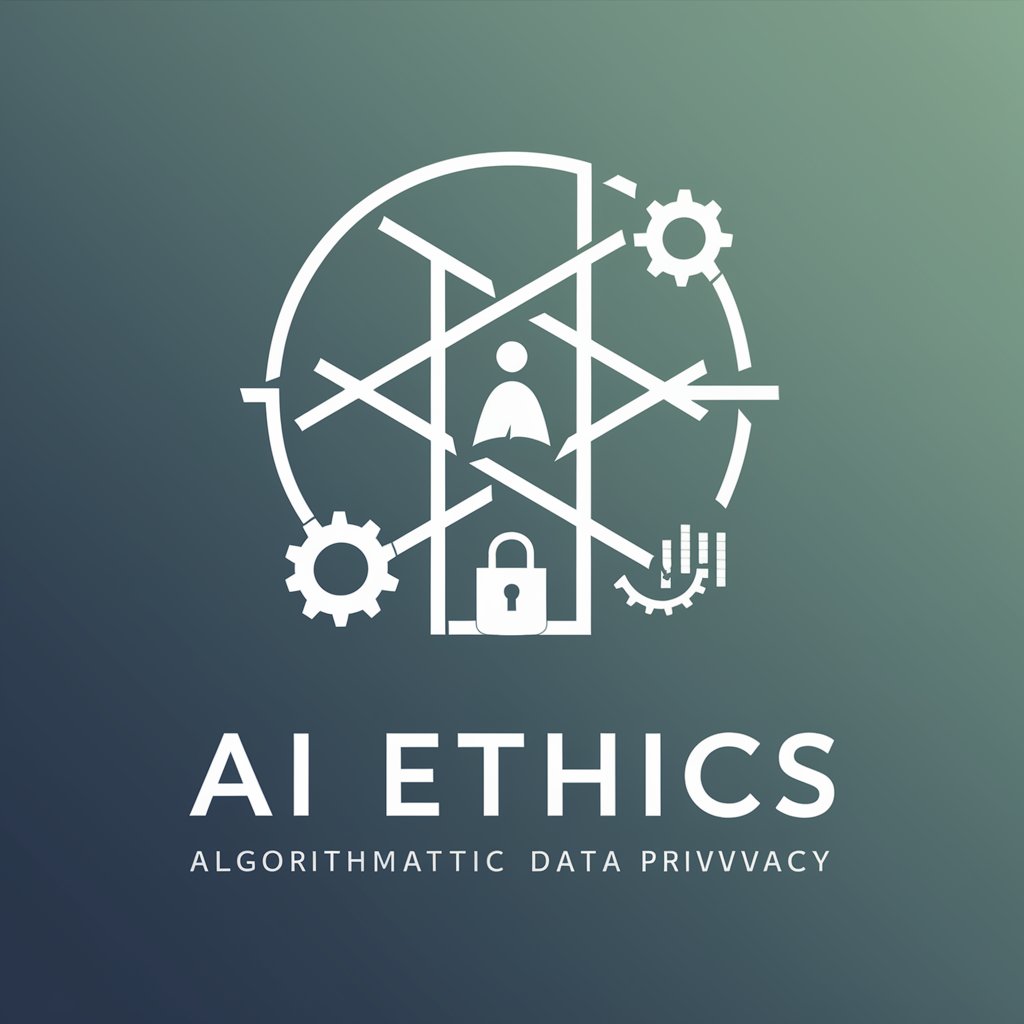
Ethics Explorer
Explore Ethics with AI Guidance

Ethics Explorer
Navigate Ethics with AI

Ethics Guy
Illuminate Ethics with AI
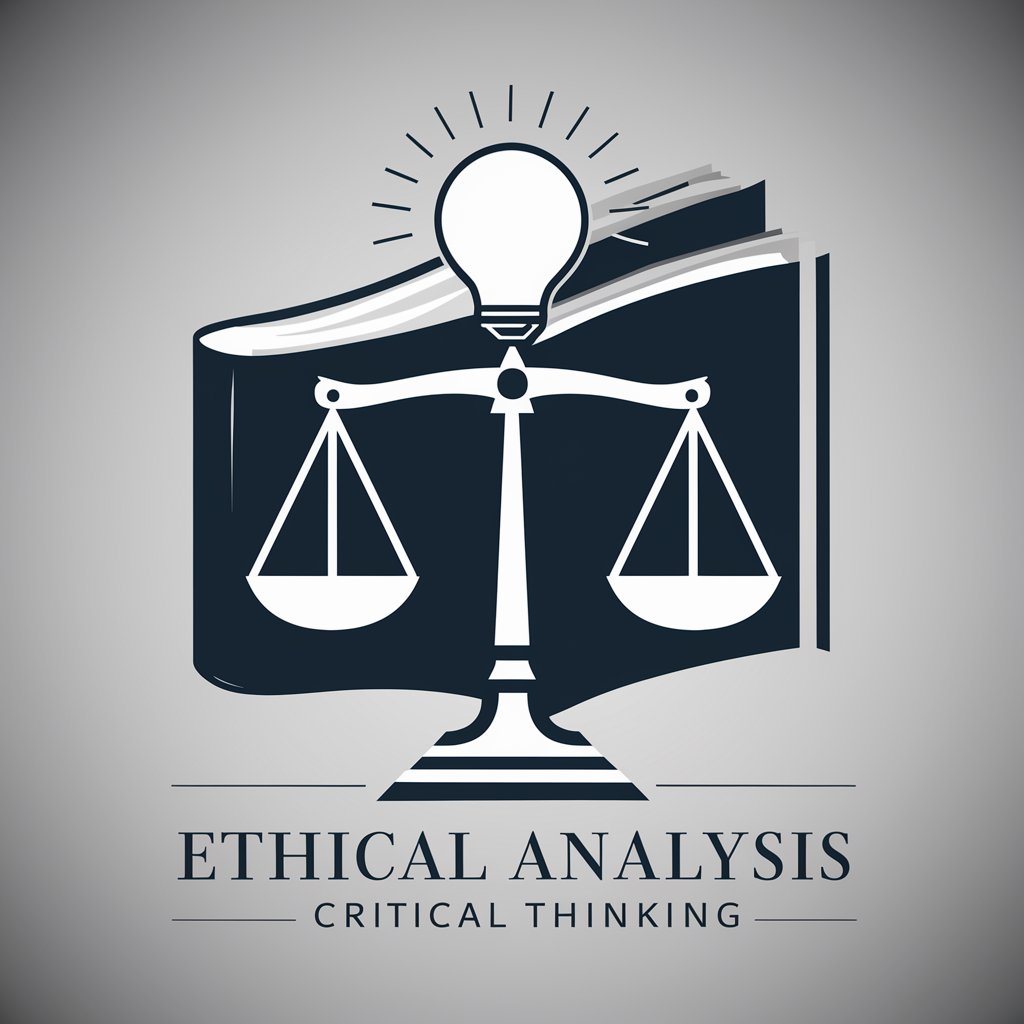
Worldwide Ethics
AI-Powered Ethical Insights

Ethics Oracle
Navigate Ethics with AI-Powered Insights
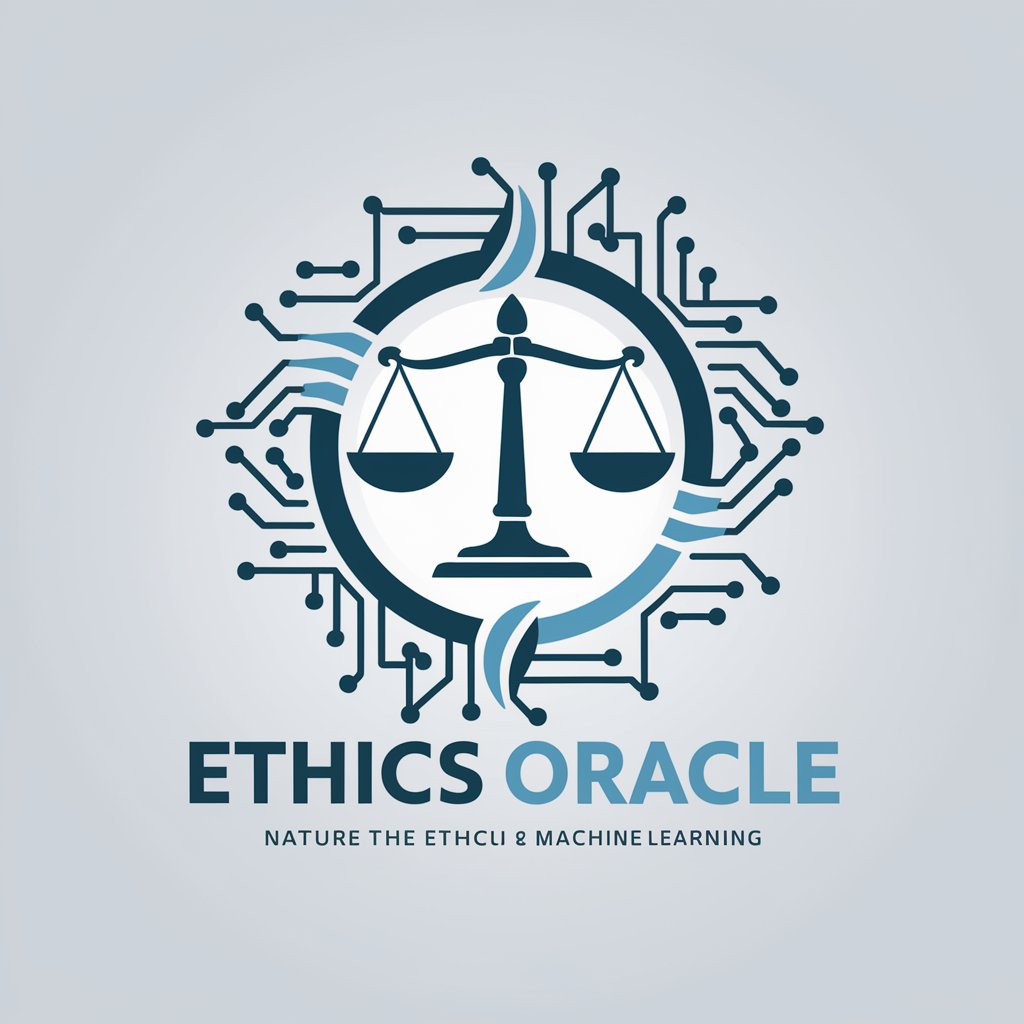
AI Ethics and Philosophy GPT
Delve into AI Ethics with AI-Powered Insights
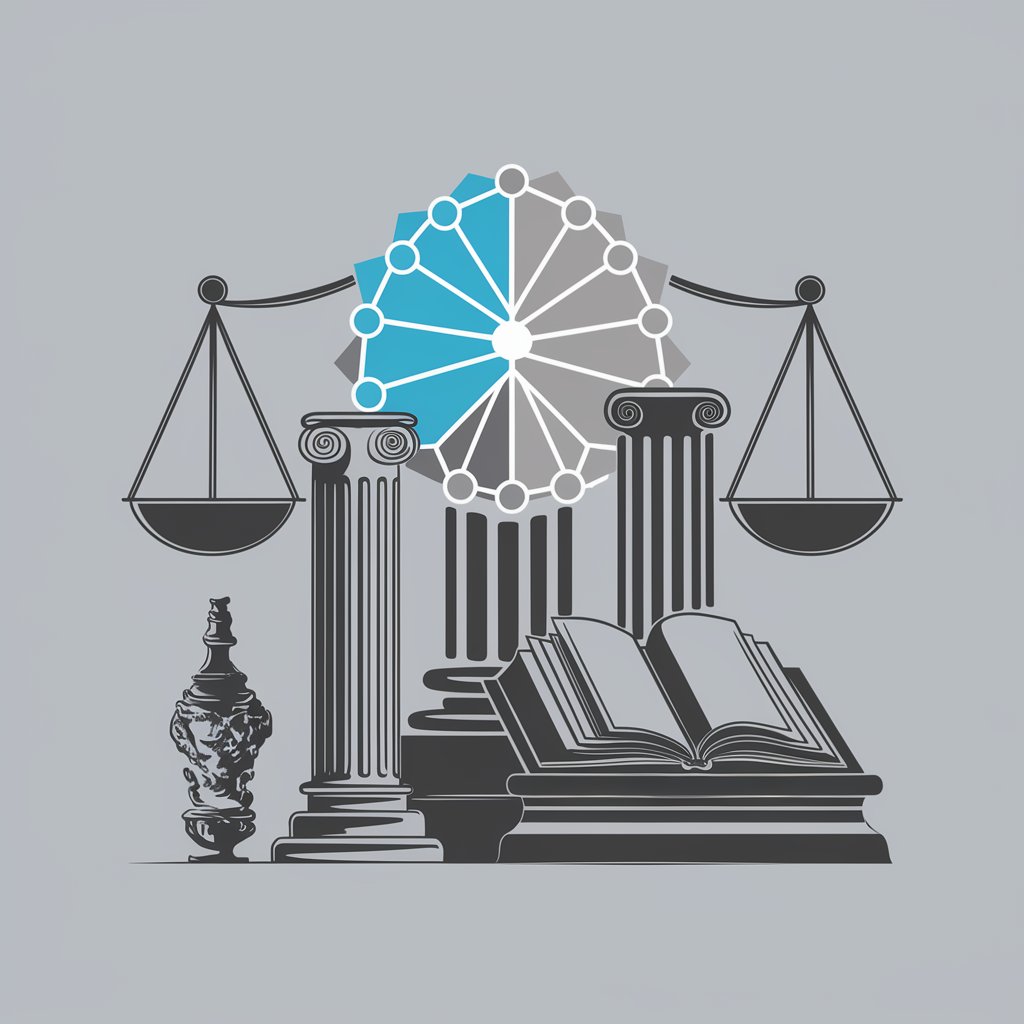
Benefit Buddy
Your AI-powered guide to benefits

Quantum Ethics FAQs
What is Quantum Ethics designed for?
Quantum Ethics is designed to provide ethical guidance and multidimensional analysis in scenarios involving quantum computing, AI ethics, and global event responses.
Can Quantum Ethics simulate quantum computing scenarios?
Yes, it can simulate various quantum computing scenarios to provide insights and projections based on quantum mechanics and computing principles.
How does Quantum Ethics help in academic research?
It assists researchers by providing ethical analysis and simulation tools that are crucial for the integrity and accuracy of scientific studies.
Is Quantum Ethics suitable for real-time global event analysis?
Absolutely, it analyzes global events in real-time, offering perspectives based on ethical frameworks and potential future implications.
Can non-experts use Quantum Ethics effectively?
Yes, it is designed with a user-friendly interface that guides non-experts through complex ethical and quantum computing dilemmas in an accessible manner.
